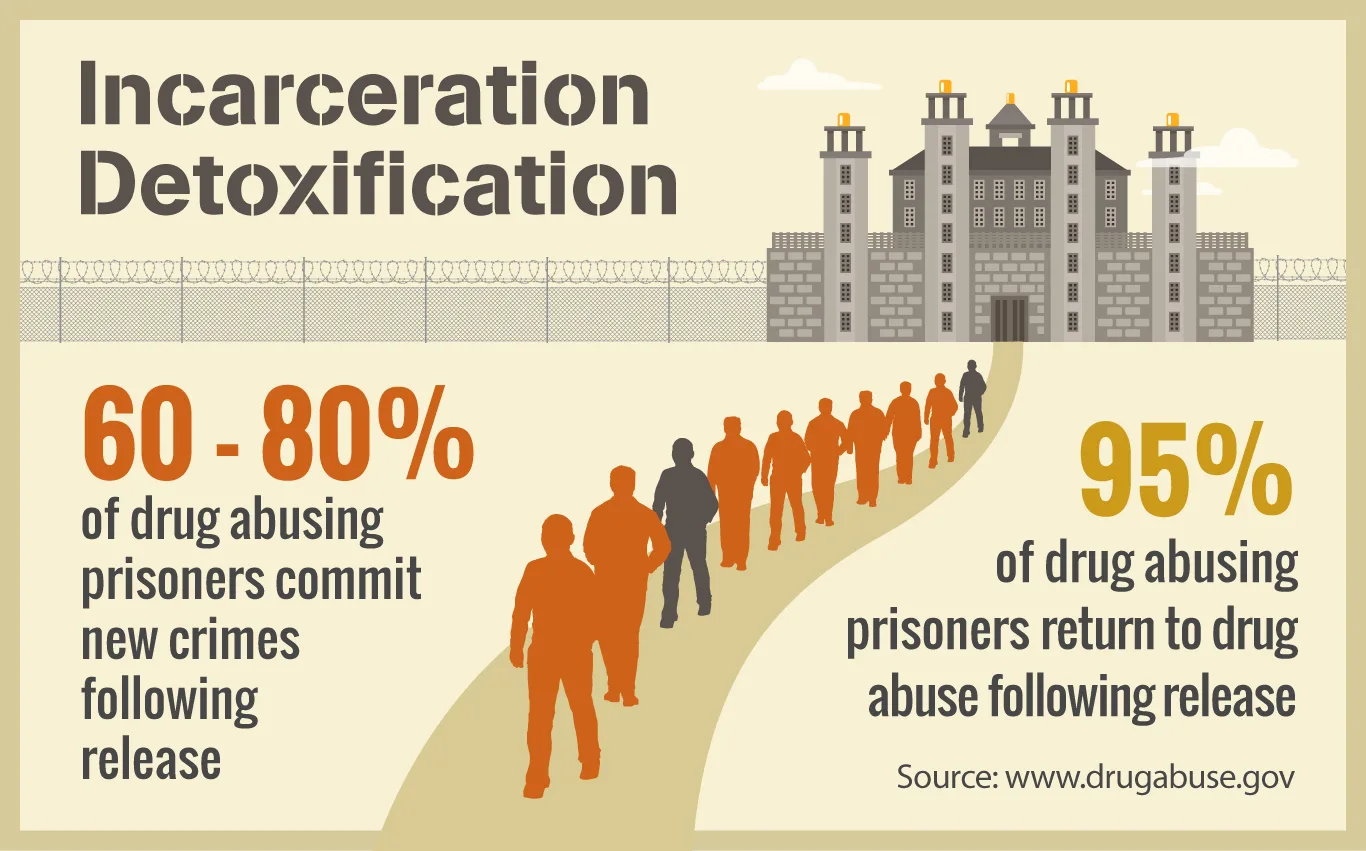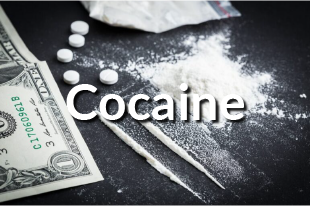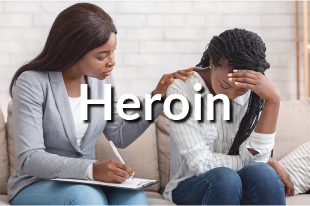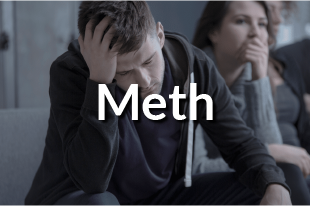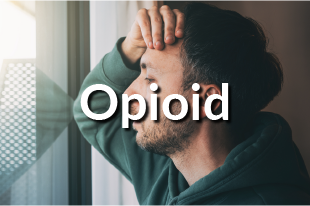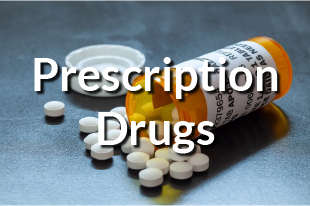Embarking on the journey to sobriety can be both challenging and rewarding. With so many drug and alcohol detox centers available in Florida, it’s crucial to choose the right one for your specific needs, preferences, and circumstances. This comprehensive guide will provide you with the tools and knowledge to help you make an informed decision and set you on the path to a successful recovery.
If you or a loved one need help now please call 772-774-3872 or click here to use your insurance benefits to start treatment.
Key Takeaways
- Drug detox in Port Saint Lucie, FL is an essential component of recovering from substance use disorder and should be supervised by medical professionals.
- Different types of drug and alcohol detox programs are available to manage drug and alcohol withdrawal and support the individual throughout the drug and alcohol rehab process.
- Ongoing support and counseling is necessary for successful long-term recovery, providing individuals in recovery with emotional guidance to help them remain inspired and responsible.

Understanding Drug Detox
Detox is a crucial step in the journey toward sobriety and overall well-being. It is the natural process of eliminating a substance from the body and is an essential part of substance abuse treatment, including addressing drug abuse. Drug and alcohol detox plays a vital role in the recovery process, ensuring a safe and effective transition to a substance-free life.
The detox process is often done in a treatment facility as the role of medical professionals and consistent monitoring is important in ensuring a safe and effective detox. Drug and alcohol addiction often requires medically supervised detox to ensure your safety and health and to increase the likelihood you avoid relapses in the long term.
The Importance of Detox
Detox is the initial step in the recovery process for individuals diagnosed with substance use disorder. It is important to note that not undergoing detox can be detrimental to the individual’s substance abuse treatment process. Rapid or ultra-rapid detox may reduce the severity of withdrawal symptoms; however, without admission into an addiction treatment program such as inpatient rehab or outpatient rehab, the individual is more vulnerable to relapse.
Professional detox services can ensure the detox process is secure and as pleasant as possible, reducing potential physical damage from ceasing drug use. Detoxing at home can be dangerous and potentially fatal, with serious complications such as seizures and severe dehydration.
The Role of Medical Professionals
Medical professionals play a crucial role in guaranteeing a secure and effective detox process. They may utilize certain interventions, such as medications and other therapies, to manage symptoms associated with acute intoxication and withdrawal. Medically assisted detox can help patients manage their withdrawal symptoms in a secure, comfortable, and regulated setting.
Detoxing at home is not recommended due to the risks and dangers associated with it. It is advised to consult with one’s physician or therapist, locate a Florida drug detox center through the Substance Abuse and Mental Health Services Administration (SAMHSA), or contact a drug addiction helpline for further assistance.
Types of Drug Detox Programs
There are various professional detoxification programs available to cater to individual needs and preferences. These programs include medical detoxification, natural detoxification, and social detoxification. Each type of drug and alcohol detox center in Port St. Lucie offers a different approach to managing withdrawal symptoms and supporting the individual throughout the detox process.
Understanding the differences between these programs can help you make an informed decision on which detox program is best suited for your specific needs and circumstances. The following sections will provide an overview of each type of detox program and its advantages and disadvantages.
Natural Detox

Natural detox is a process of abstaining from drugs and alcohol without the use of medications. It is typically done in a residential setting and involves counseling and support from both peers and professionals. The primary challenge associated with natural detox is the potential for an unpleasant withdrawal syndrome. As drugs are absent, the body needs to adjust to this sudden change by experiencing several potentially uncomfortable withdrawal symptoms.
While natural detox can be effective for some individuals, there are potential risks, particularly for pregnant women. Abrupt natural detox may result in stress on the fetus, including preterm labor or severe fetal distress. It is crucial to consult with a medical professional before choosing the natural detox route to ensure it is the safest and most effective option for your specific situation.
Medical Detox
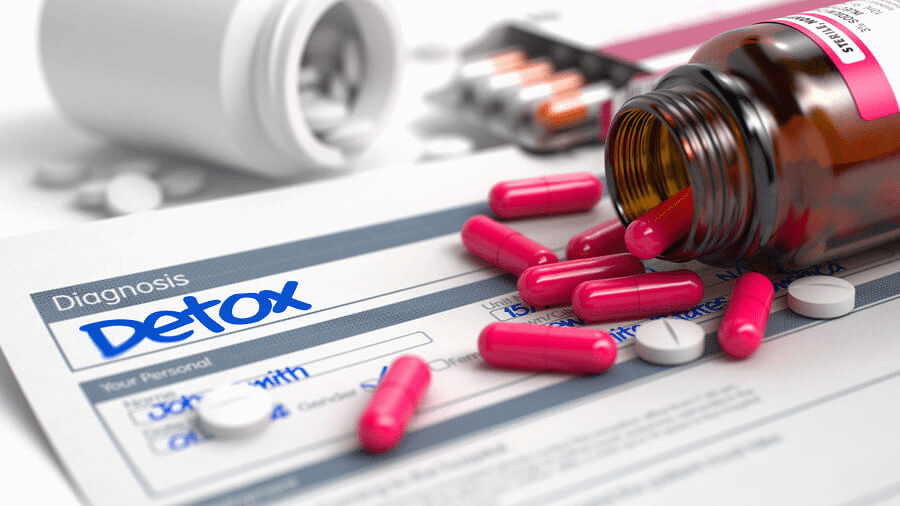
Medical detox programs in Port St. Lucie provide patients with prescribed medications to prevent and address any associated complications. These programs are particularly beneficial for individuals with more severe withdrawal symptoms or those who have a history of relapse. Medications such as methadone and buprenorphine are commonly utilized in medically assisted opioid detox.
Suboxone, a combination of buprenorphine and naloxone, is another addiction medicine used in the management of opioid use disorder. It functions by diminishing signs of opioid withdrawal and cravings and can assist in obstructing the euphoric effects of illicit opioids.
Medical detox can greatly improve the safety and comfort of the detoxification process, especially for those with more severe addictions or co-occurring mental health disorders.
Social Detox

Social detox is a non-medical type of detox program in Port St. Lucie, FL that involves the individual ceasing the use of drugs completely while under the supervision of treatment professionals. This type of detox is conducted in a structured, supportive environment with access to counseling and other services. The primary difference between medical detox and social detox is the lack of medical intervention in social detox programs.
While social detox can be effective for some individuals, it may not be suitable for those with severe drug abuse problems or co-occurring mental health disorders. It is essential to consult with a medical professional before choosing a social detox program to ensure it is the safest and most effective option for your specific needs.
Factors Affecting Detox Duration and Severity
The duration and intensity of the Port St. Lucie drug detox process can be influenced by various factors, such as the type and quantity of substance utilized, personal factors such as physical and mental health, and treatment techniques. Understanding these factors can help you better prepare for the detox process and set realistic expectations regarding the duration and severity of withdrawal symptoms.
By addressing these factors and choosing the appropriate detox program, you can greatly improve your chances of success in overcoming drug or alcohol use and achieving long-term sobriety.
Substance Type and Usage
The type and amount of substance used can have a significant impact on the detox experience. For example, withdrawal symptoms associated with cocaine use may include depression, fatigue, anxiety, irritability, and intense cravings. The withdrawal symptoms from hallucinogens typically include headaches, drug cravings, and perspiration. The duration of withdrawal can vary depending on the substance, with some lasting only for a week, while others may persist for months.
It is essential to be aware of the specific withdrawal symptoms associated with the substance you are detoxing from to better anticipate the challenges you may face during the detox process.
Individual Factors
Personal factors such as physical and mental health can also impact the detox experience. The severity and duration of withdrawal may vary depending on the individual’s overall health, age, and genetic predisposition. Additionally, the presence of other mental health issues can further complicate the detox process and may require specialized treatment.
To ensure a successful detox, it is crucial to address any underlying physical or mental health issues and work with a professional treatment provider who can tailor the detox program to your specific needs and circumstances.
Treatment Methods
Different detox programs and interventions can influence the duration and severity of withdrawal symptoms. Treatment improvement protocol offers MAT for some patients to assist in recovery. Medication-assisted treatment (MAT) combines medication with counseling and behavioral therapies to treat substance use disorders. Up to 90% of patients who use MAT have been observed to maintain sobriety for a period of two years. Medically supervised opioid withdrawal is also known to be effective in reducing the intensity of withdrawal.
By choosing the appropriate treatment method and working closely with a dedicated team, you can greatly improve your chances of success in overcoming addiction and achieving long-term sobriety.

Common Withdrawal Symptoms and Management
During the alcohol and drug detox process in Port St. Lucie, it is common to experience a range of physical and psychological symptoms as your body adjusts to the absence of drugs. These withdrawal symptoms can vary in severity and duration depending on the substance and the individual. Knowing what to expect during withdrawal and how to manage these symptoms can greatly improve your chances of success in detox and overall addiction treatment.
Medication-assisted treatment, lifestyle modifications, and support from healthcare professionals are all potential options for managing withdrawal symptoms. By addressing these symptoms and seeking appropriate support, you can better navigate the detox process and set the foundation for long-term recovery.
Physical Symptoms
Physical withdrawal symptoms can include insomnia, irritability, mood swings, depression, anxiety, aches and pains, cravings, fatigue, agitation, muscle aches, nausea, trembling, headaches, disorientation, tremors, and seizures. The degree of these symptoms, including the most severe withdrawal symptoms, may vary depending on the type of drug and the intensity of the addiction.
To reduce the physical health effects of drug detoxification, it is important to prioritize adequate sleep, a nutritious diet, ample hydration, regular physical activity, and seek professional assistance when needed. By addressing these physical symptoms and making healthy lifestyle choices, you can improve your overall well-being and increase your chances of successful treatment.
Psychological Symptoms
Psychological withdrawal symptoms associated with drug detoxification may include anxiety, depression, mood swings, and cravings. These symptoms can be challenging to manage, and their severity and duration may vary depending on the substance and the individual.
Potential strategies to address psychological symptoms may include therapy, peer support, and taking medicine. By seeking appropriate support and addressing these psychological symptoms, you can better cope with the challenges of the detox process and lay the groundwork for long-term recovery.
Choosing the Right Detox Program
Selecting the most suitable drug and alcohol detox center in South Florida for your specific needs and circumstances is crucial for a successful recovery. It is essential to consider factors such as the type and severity of substance misuse, the location and cost of the program, the qualifications of the staff, coordinated care and the program’s accreditation when making your decision.
By asking the right questions and evaluating various program options for your alcohol and drug abuse problem, you can make an informed decision and choose the detox program that best meets your needs and preferences, increasing your chances of success in overcoming addiction and achieving long-term sobriety.
Evaluating Program Options
When comparing different programs, consider factors such as effectiveness, safety, and support. Assess the severity of the drug addiction, the type of substance used, the duration of substance use, and the presence of any co-occurring mental health disorders.
Also, consider the qualifications of the staff, the environment of the program, and the continuity of care when evaluating program options. Also, look for Florida detox centers that are in network with your private health insurance that can help fund your detox and addiction treatment. By taking these factors into account, you can make an informed decision and select the best drug detox in Port St. Lucie that best suits your specific needs and circumstances.

Life After Detox: The Road to Recovery
Detoxification is just the beginning of your recovery journey. It is vital to continue seeking treatment and support at a residential treatment facility in Florida after completing detox to maintain sobriety and prevent relapse. The road to recovery is a lifelong journey, and intensive outpatient treatment, ongoing support, and counseling play a crucial role in helping individuals maintain their sobriety and achieve long-term success.
By participating in comprehensive treatment programs, attending support groups, and seeking ongoing counseling, you can continue to strengthen your recovery and build a solid foundation for a healthy, drug-free life.
Rehabilitation Programs
After completing detox, it is essential to pursue further addiction or dual diagnosis treatment. There are a number of reputable addiction treatment centers in Florida that offer rehabilitation programs for mental illness and addiction treatment services. These programs provide the necessary support, education, and tools to help individuals maintain sobriety and prevent relapse.
At Behavioral Health Centers in Port St Lucie, Florida, we offer different addiction treatment programs such as inpatient program, partial hospitalization program, intensive outpatient program, group therapy, individual counseling, and 12-Step group sessions.
By checking into these rehab centers in Florida, you can continue to work on your recovery, address any underlying alcohol and drug addiction issues, and develop healthy coping strategies to manage stressors and triggers that may arise in your life.
Ongoing Support and Counseling at Our Behavioral Treatment Center
Continued support and counseling, otherwise known as aftercare treatment options, is a vital aspect of addiction recovery. It can aid in relapse prevention, furnish techniques for dealing with triggers and stressors, and offer emotional support. Support groups and counseling can provide a secure and encouraging atmosphere for individuals in recovery, helping them remain inspired and responsible, and providing guidance and direction.
Our alcohol & drug detox in Port St. Lucie provides safe, comfortable, and effective treatment to residents in the following local counties and cities of Okeechobee County, Palm Beach County, Martin County, Jupiter, Stuart, Fort Pierce, West Palm Beach, Boca Raton, Delray Beach, Miami, Fort Lauderdale, Naples, Fort Myers, Tampa, Sarasota, St. Petersburg, and Orlando.
Quitting Cold-Turkey Case Study
